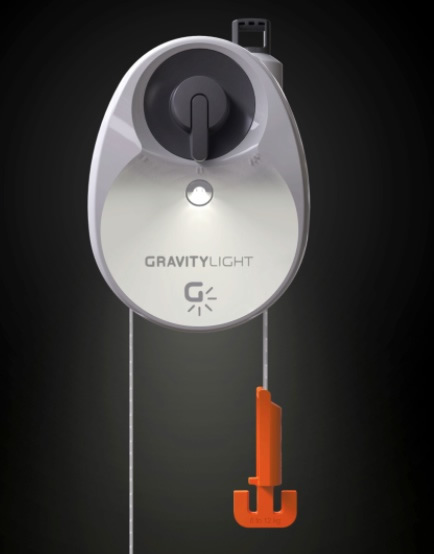
Everything is already invented
El economista y escritor Robert Gordon acaba de publicar este libro titulado “The Rise and Fall of American Growth”, donde plantea que en cuestión de desarrollo económico -y sobre todo industrial-, todas las principales tecnologías de nuestra era ya han sido descubiertas o inventadas, y que la sociedad norteamericana está en una época de estancamiento tecnológico que ha durado prácticamente todo el siglo pasado, y lo que va de este.
El autor advierte que esto amenaza ser una condición de la que difícilmente podremos salir en las próximas décadas, a menos que asumamos un cambio de mentalidad bastante radical, negando por completo los estándares de vida heredados de las generaciones anteriores y -por decirlo de algún modo polite- saliendo de nuestra “zona de comfort social” en la que estamos tan agusto.
¿Esperamos hasta fin de siglo para ver si tenía razón?
Espero que no…
After the publication of the book “The Rise and Fall of American Growth” by economist Robert Gordon our technology-studded society was tread on its toes once more with his, historically repetitive, conviction that all major technologies have already been invented. In his book he quotes PayPal founder Peter Thiel on the disappointing innovations of today: “We wanted flying cars, instead we got 140 characters”. Gordon rejoices the economic growth after the second industrial revolution and the prosperity it brought the average joe, but on the flip side argues that we have arrived at a period of technological stagnation…







